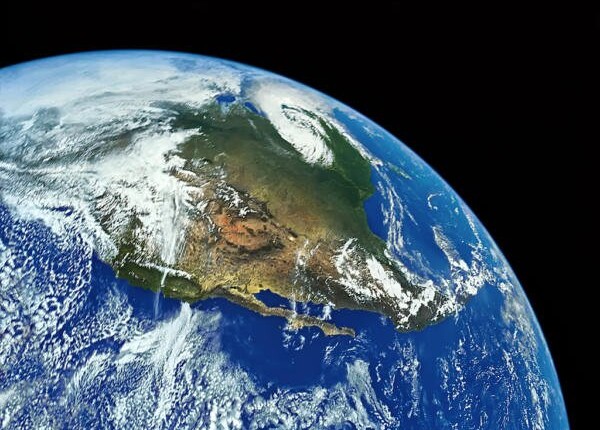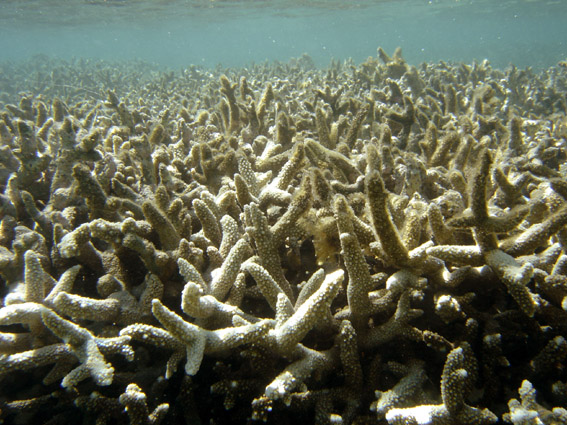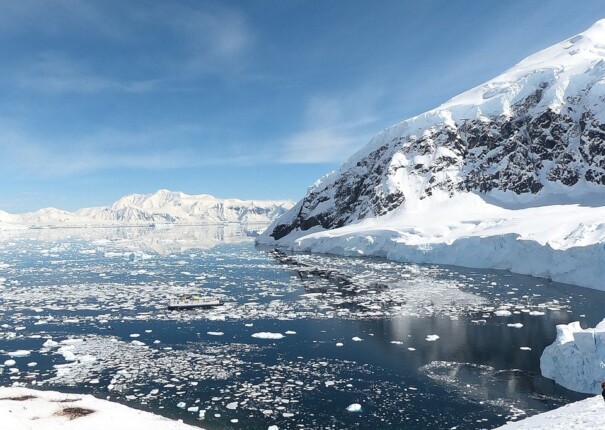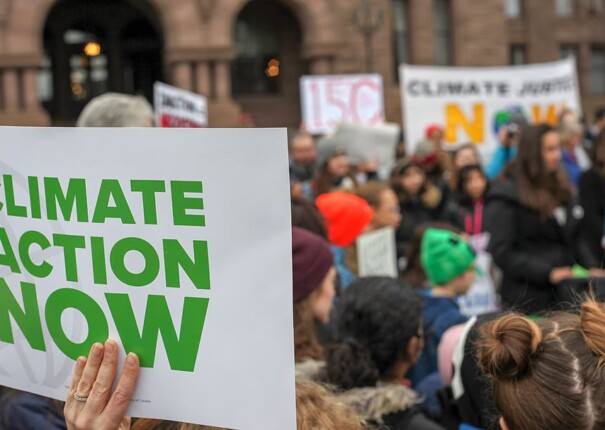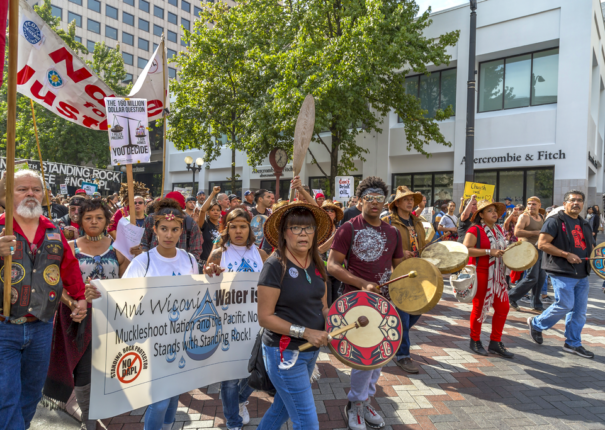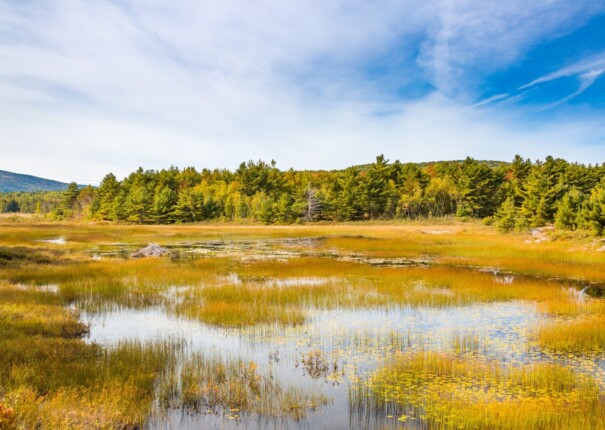A climate-driven transformation of wildfires around the globe
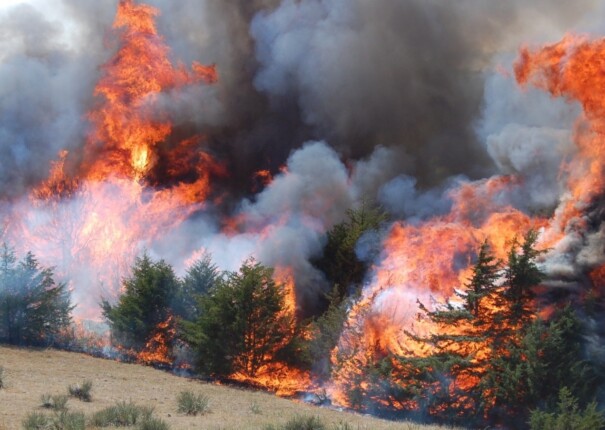
by Michael Kodas, Inside Climate News Highlights Climate change is increasing the severity and size of wildfires across the globe Fires in Colorado burned over 200,000 acres, while fires in California burned an area the size of Rhode Island These Western US fires were predicted by Federal wildfire forecasters due to the trend of low … Read more

